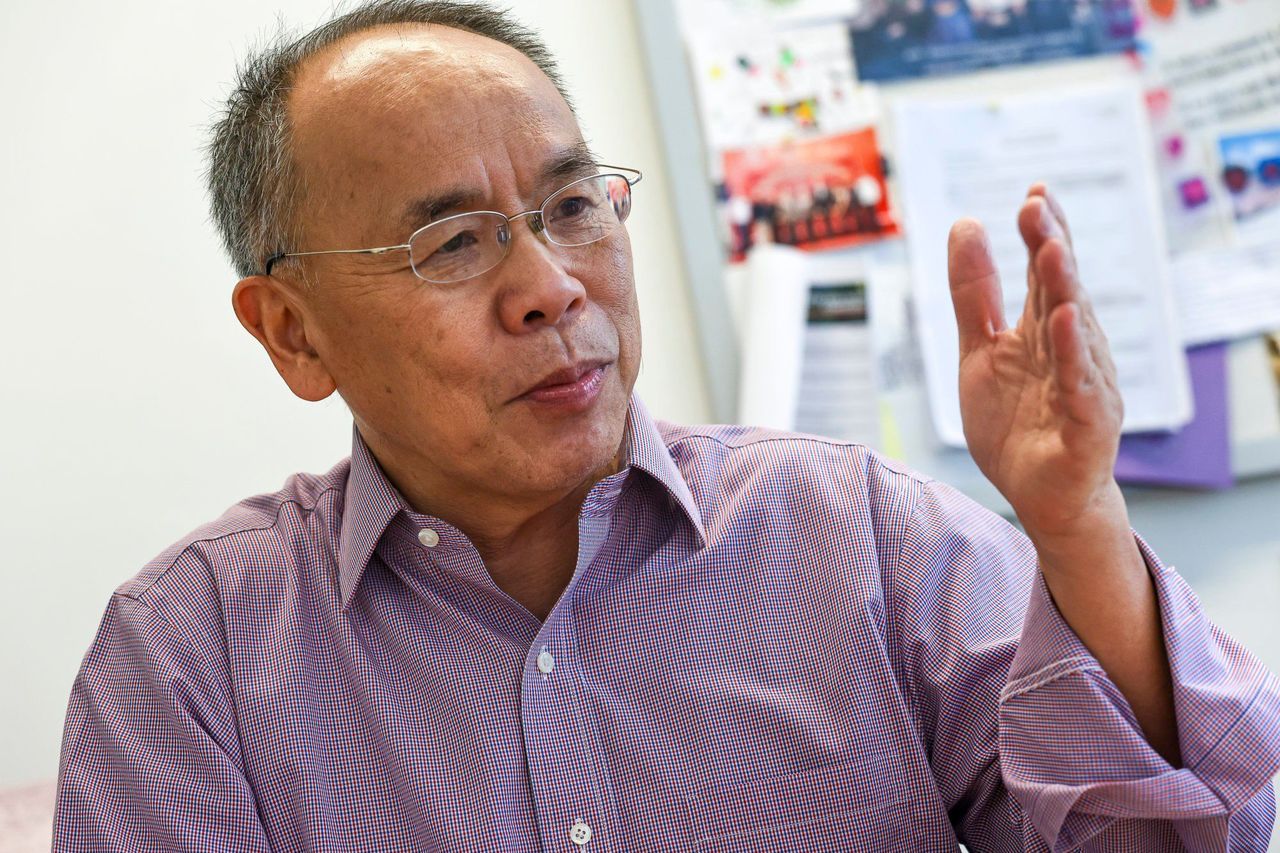Hong Kong News

Hong Kong leader proposes increasing spaces at youth hostel scheme by 3,000
A youth hostel project in Hong Kong could be expanded to offer 3,000 additional living spaces in the next five years for 60 per cent of market prices, with all tenants to be required to perform community service to stay there, the city’s leader has said.
The expansion of the scheme was announced on Wednesday as part of Chief Executive John Lee Ka-chiu’s first policy address, with the government also aiming to push forward a “Youth Development Blueprint” by the end of this year to nurture a new generation of young people with an affection for mainland China and Hong Kong.
“The blueprint is the government’s very first major document dedicated to youth development,” he said.
“We will implement the initiatives set out in the blueprint and review them regularly for enhancement so as to ensure that they keep pace with the changing social environment and meet the needs of our young people.”
A source said the youth hostel scheme was part of the blueprint that authorities aimed to publish in two months’ time to address the concerns of Hong Kong’s younger generation, including home ownership, education, career paths and entrepreneurship.
The initiative currently provides 1,700 spaces to eligible permanent residents aged 18 to 30 who are currently employed and do not own any property. The annual income of prospective tenants must not exceed HK$300,000 (US$38,217) if they live alone or HK$600,000 as part of a two-person household.
Lee said he proposed to provide another 3,000 hostel spaces under the scheme, with current and future tenants to be required to perform community service to keep their space. But the chief executive did not cover how much time was needed to qualify during Wednesday’s address.
Lee’s bid to spur youth development was in lockstep with the expectations laid out by Chinese President Xi Jinping during his visit to Hong Kong on July 1, with the country’s leader calling for the city government to uphold harmony and stability and solve people’s livelihood problems, especially for young people.
The chief executive also used the address to propose increasing the mentee quota for an earlier policy that aimed to lift 2,000 junior secondary students out of poverty through mentorships, personal development planning and financial support.
Young people would also be encouraged to engage more in public affairs, with the number of spots on advisory committees tripled to 180 within the current leadership term, Lee said.
Government bodies, such as the Security Bureau, Civil Aviation Department and the Observatory, would also form youth groups and periodically host activities to help youngsters enrich their understanding of the city’s political systems, he added.
The Education Bureau would also gradually increase the number of places in local postgraduate programmes from 5,595 to 7,200 by the 2024-25 academic year, as well as offering 3,000 additional spots on self-financing undergraduate and higher diploma courses in the next few years, Lee said.
 Professor Paul Yip, of the University of Hong Kong’s department of social work.
Professor Paul Yip, of the University of Hong Kong’s department of social work.
Hong Kong’s leader added that the Home and Youth Affairs Bureau and the Youth Development Commission would also invite young people and other stakeholders to share their views on the blueprint before its release, with both government bodies having already hosted more than 80 fact-finding events since Lee took office.
Professor Paul Yip Siu-fai, of the University of Hong Kong’s department of social work, said that drafting the blueprint constituted a gesture but was not a solution, urging authorities to pursue “continuous dialogue” with young people.
The young generation was paying increasing attention to more than just securing subsidised housing, with other concerns including quality of living and the city’s governance, he said.
“They would not be happy if they just had a home,” Yip said.
Meanwhile, Lee also used his policy address to push for all publicly funded schools to organise at least one national education activity every year for the parents of pupils.
Newly minted teachers and those looking to climb the ranks in the public sector would also be expected to join study tours in mainland China to boost their understanding of the country, he added.
Wong Kin-ho, a secondary school vice-principal and chairman of the Hong Kong Education Workers Union, said he believed most educators would accept the latter arrangement, since they could use their promotion to senior staff to strengthen national education in schools.
“The teachers who are reluctant to join such tours may have quit earlier and the serving teachers could also quit or choose not to be promoted if they find it difficult to join the tours,” he said.
The proposals from Lee followed earlier moves by authorities to revamp liberal studies courses and require schools to strengthen their patriotic education.











